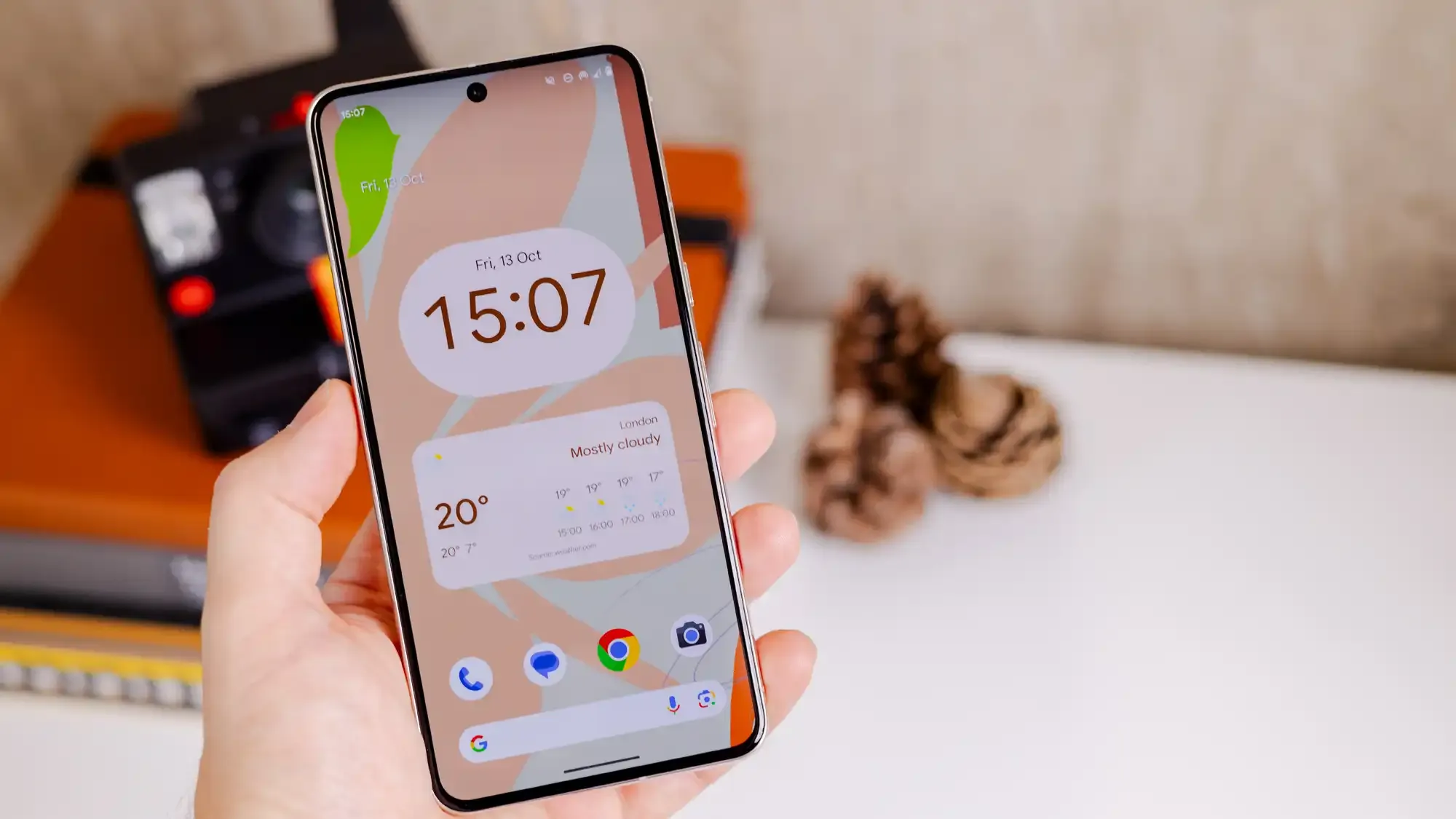As digital threats continue to evolve, Google is proactively stepping up its game to shield millions of Android users from the menace of spyware and malware. The tech giant’s latest efforts are focused on refining Android’s security features to rival those of the iPhone, particularly with the anticipated enhancements in Android 15. These improvements include robust live threat detection capabilities, comprehensive cellular network defence, and stringent controls over app permissions, aiming to safeguard user data and device integrity.

Enhanced Privacy Measures in Android 15
In a significant development reported by 9to5Google, the upcoming Android 15 will introduce an improved Privacy Dashboard, which now extends the visibility of app permission usage from a mere 24 hours to a detailed 7-day history. This feature is crucial for identifying and curtailing apps that misuse permissions to access sensitive functions like the camera, microphone, and location services.
Google’s initiative to expand the monitoring window is a strategic move to provide users with a broader perspective on how apps interact with device features, potentially flagging harmful behaviour before it causes significant harm. As these updates roll out via the November 2024 Google Play system update, users of Android 15 QPR1 Pixel devices are already experiencing these enhancements firsthand.

The Grey Area of App Permissions
The problem of permission abuse remains a critical issue, with many Android applications walking a fine line between necessary functionality and invasive spyware. Earlier analyses by CyberNews have highlighted alarming trends, with numerous popular apps on the Google Play Store requesting dangerous permissions that breach privacy norms. For instance, a shocking 66% of the surveyed apps demanded access to camera and audio recording capabilities, while an equal number sought to track users’ precise locations.
Google’s push towards centralizing privacy monitoring is a commendable step towards mitigating these risks. By restricting unnecessary access to phone functions such as messaging, camera, and contacts—areas where Apple has historically taken the lead—Google is now aggressively following suit to clamp down on these privacy invasions.

The Urgency to Refuse Unnecessary Permissions
The ongoing battle against spyware also saw a significant development with the recent discovery of 77 infected apps identified by the research team at Cleafy. These apps, powered by DroidBot, a sophisticated Android Remote Access Trojan (RAT), underscore the importance of vigilance. DroidBot combines traditional hidden VNC and overlay capabilities with typical spyware features, making it a formidable tool for surveillance and credential theft.
As the landscape of digital threats grows more complex, Google’s refined approach in Android 15 underscores a pivotal shift towards more aggressive privacy protections. By enabling users to monitor and control app permissions effectively, Google aims to curb the unauthorized access that has plagued Android users for years.

While Google’s advancements in Android security are promising, the responsibility also falls on users to be proactive in safeguarding their devices. Refusing unnecessary app permissions, especially those that access critical device functions, is a necessary step every user should take. With these enhanced tools and awareness, Android users can look forward to a more secure digital environment as they navigate the complexities of modern app ecosystems.









